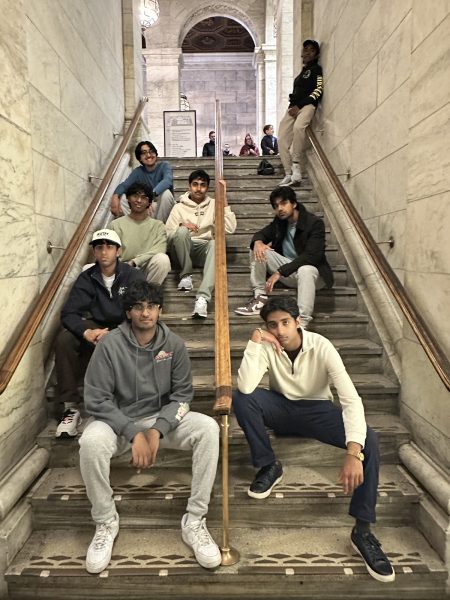Hollywood Today: The Dying Art of Storytelling
When taking a look at some of the popular movies made over the course of the last 10 years, the oversaturation of low-effort sequels, reboots, remakes, and franchises all point to a serious problem in today’s film industry: it’s getting lazy. As an effort to restore Hollywood to its former glory, it’s up to us to go after and support the small amount of original and creative films we have left.
To put things into perspective, think of the most talked about and most advertised movies of, say, 2018. According to boxofficemojo.com, the nine highest-grossing movies were all sequels or a part of a franchise (Black Panther, Infinity War, Incredibles 2, Jurassic World: Fallen Kingdom, Aquaman, Deadpool 2, The Grinch, Mission Impossible: Fallout, and Ant-Man and the Wasp). All of these would consist of the same IP (intellectual property) in the form of sequels and remakes. Some of the most prevalent examples over the course of the last decade would include movies such as all of the spinoffs from the Conjuring universe like Annabelle and The Nun, the live-action remakes of animated Disney classics like Beauty and the Beast and The Lion King, and the endless sequel machine that is The Fast and the Furious franchise. With behemoths like these ruling the box-office, it is no surprise that the passion-projects of filmmakers wanting to pour their original concoctions into the Hollywood mix remain as hidden gems, still awaiting their due.
Another aspect to understand is that, in the realm of business and industry, money is pretty much the only deciding factor. At the end of the day, studio executives and corporate heads simply ask the question, “Will this be profitable for the company?” to themselves when making the big decisions. The film industry is no different in that the kinds of films that get put forth are factored into a very simple formula: if a single movie proves to be a financial success, more movies of the same IP must be made. That way, high profits are almost always guaranteed, as stated from contently.com. Also noteworthy is how the number of sequels produced dipped to an all-time low in 2008, before exponentially increasing in the following years, which may have been because of the success of the sequel The Dark Knight as well as the release of Iron Man and The Incredible Hulk. While there is nothing inherently wrong about this method of business, the undying commitment that studios seem to have with this practice ends up affecting the quality of the movies produced. There is a reason why most sequels and reboots almost always never live up to what its former achieved, practically force-feeding audiences with films that get progressively worse until reception tires out completely, which is where the terms “Superhero-Fatigue” and “Star Wars-Fatigue” come from.
However, I am not ignorant to the fact that there are many sequels and remakes out there that are very well received and sometimes preferred over the originals, such as the case with True Grit, The Dark Knight, and Aliens among others. It is clear, though, that for every Empire Strikes Back, there are five Transformers: The Last Knight’s to overtake the spotlight. Too many times have we seen the same plot devices and clichés get used to the point that the movie becomes the one thing that it should never be: boring. A solution to this is that it has to be up to the audience to catch when it is evident that the filmmakers behind these movies have tired out their taste for quality and, instead, turn their attention to the less realized, but all the more deserving films that forever rejuvenates the soul, rather than simply appeasing the eyes.
The power of passionate creativity in films is not to be underestimated. Just this past weekend, I saw a little independent film called The Peanut Butter Falcon and the emotions and heartfelt humor that this movie had made me smile more than any other movie this year. This kind of purity is hard to come across nowadays, but I am calling to those who are willing to give these films a chance to succeed. It wasn’t that long ago when impactful, inspiring movies weren’t few and far between . For example, in 1984, we were graced with The Terminator, Ghostbusters, Indiana Jones and the Temple of Doom, Beverly Hills Cop, and A Nightmare on Elm Street. 1994 boasts Pulp Fiction, The Shawshank Redemption, The Lion King, Forrest Gump, The Mask, and Speed. This makes it clear that consistent excellence in movies is very much possible. A future where creative quality becomes the driving force of films is a future that I will gladly strive to partake in.
Your donation will help support The Lambert Post, Lambert High Schools student-run newspaper! Your contribution will allow us to purchase equipment and cover website hosting costs.







